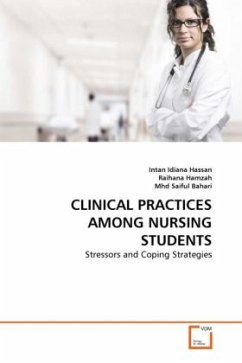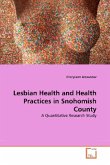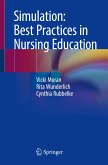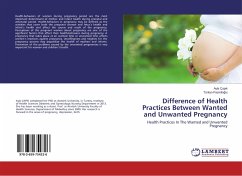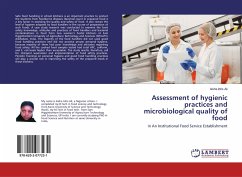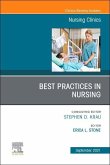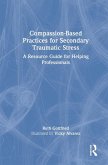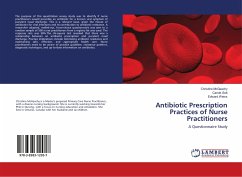High level of stress due to clinical practices faced by nursing students continues to be identified in the literature. A set of questionnaires including the Perceived Stress Scale (PSS) and Brief COPE inventory was distributed to respondents. Ninety nine respondents from second, third and fourth year nursing students completed the questionnaires given. Descriptive statistics were used to determine the most common clinical stressors and coping strategies. Independent t-test was used to determine the association between interest in nursing and coping strategies. Results indicated that the most common stressor perceived by students was stress from clinical instructors/educators and ward staff. Turning to religion was the most frequent coping strategy practiced by the students in order to overcome their stress. Overall, there was a significant association between interest in nursing and positive reframing, planning, religion and active coping strategies. These findings suggest that different personality characteristics between of students with interest in nursing versus students with no interest in nursing differentially influence coping strategies.
Bitte wählen Sie Ihr Anliegen aus.
Rechnungen
Retourenschein anfordern
Bestellstatus
Storno

